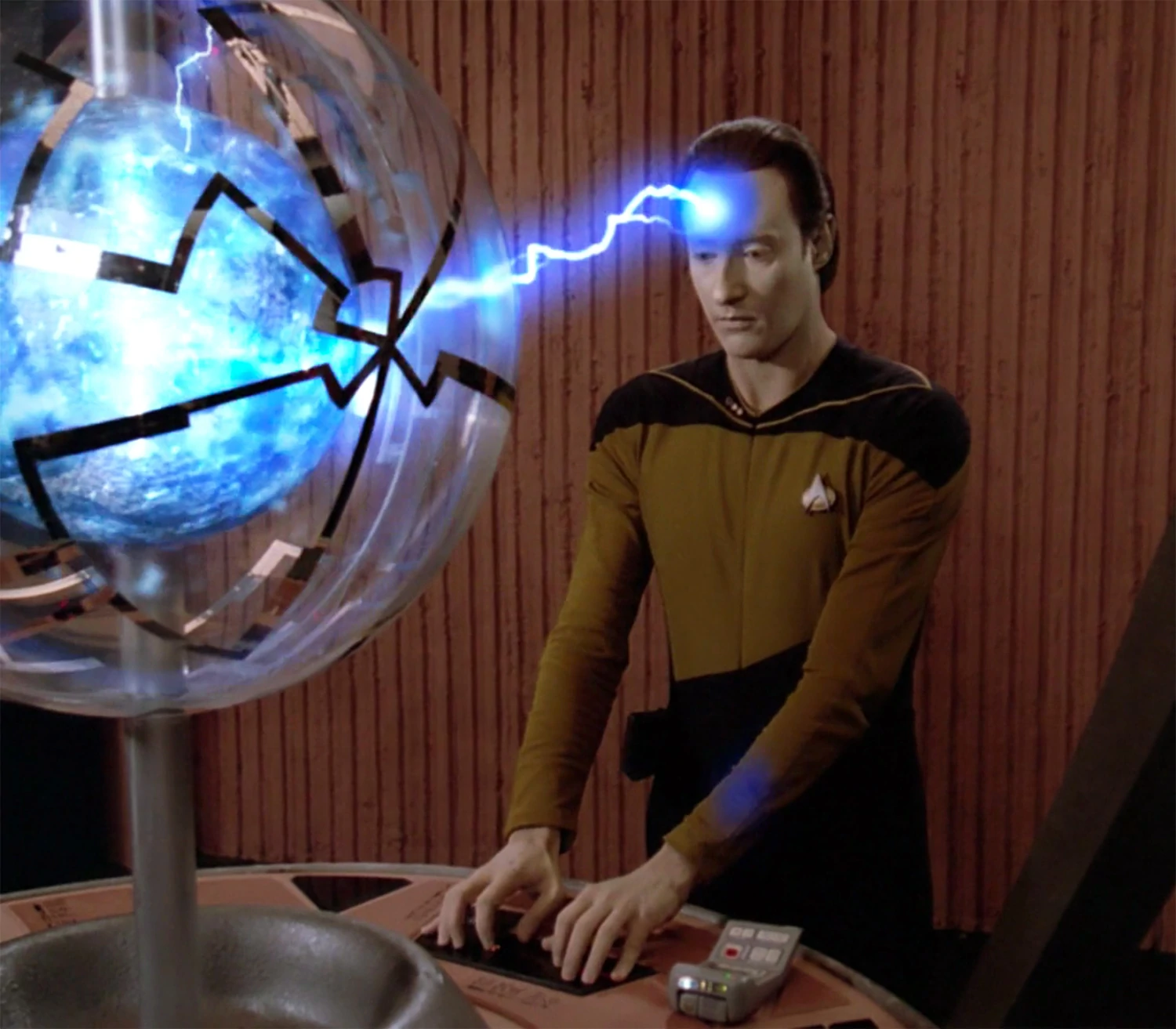he was famously trying to build a way to transfer electricity over long distances, and I’m assuming this isn’t possible without incurring huge losses.
Yes, I believe you are correct about that, although I too do not know what precisely those limitations are:-).
For one thing, Tesla was not entirely truthful to his investors:
Astor thought he was primarily investing in the new wireless lighting system. Instead, Tesla used the money to fund his Colorado Springs experiments.
And for another, he chased down the wrong path for awhile:
The observations he made of the electronic noise of lightning strikes led him to (incorrectly) conclude that he could use the entire globe of the Earth to conduct electrical energy.
So, it is not quite a full "conspiracy" to claim that he somehow deserved additional funding despite all of his past shortcomings. It sounds to me more like hindsight being 20/20, we now realize how he was correct, how he was wrong, and overall people try to use him as an example of capitalism's failings. Like the first rule of inventions are that when one fails you should try try again, except that's obviously not true - yeah try a few times but ultimately spend your time on what looks most likely to work, not repeating to extend forward a string of endless failures. i.e., people try to use his example in spite of the facts, not because of them. Maybe, it looks like.
And it's likely true - if as much effort had been put into that technology as was put into Edison's, perhaps we really would have solved that long-distance problem by now - maybe. Therein lies the germ of truth imho: you cannot overcome it if you refuse to even so much as try? So in that case, it is truly the constraints of capitalism that killed the spirit of innovation there, as in we could (maybe) have had something, if only profits were not people's sole motivation.
Similarly and in a much more damaging manner we see drug companies researching palliatives and "care options" rather than actual cures. The goal of any corporation - even ones working in a medical field - is solely to make profits. Hence Viagra and Cialis, and funding goes towards further development of pain relief and such, even as funding was taken away from research towards cures for common diseases (even ones the researchers themselves believed they were "close" to solving!).
All of this works together as arguments against capitalism being the best economic system - it works well in theory but only up to a point, similar to socialism, and irl the systems that have worked the absolute best was a blending of the two, with each providing a different mixture of benefits and detractions. e.g. if Tesla had been under a socialist system or in more of a blended one, could his excesses have been reigned in and what innovations would we have today in that case? We will never know ofc, but at least I am attempting to frame the argument that I commonly hear from people who don't quite state their reasoning, so this is my attempt to reconstruct it. :-)

Not for the direct reaction itself but I thought there was something about spraying the container down or some such... I am probably entirely BSing here:-). In any case, whenever someone figures out a method to make it practical, then we'll see whatever downsides there may be to that:-P.